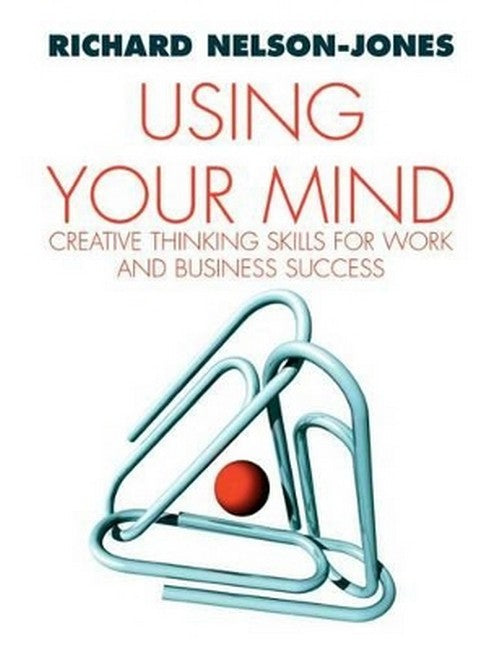Richard Nelson-Jones was born in London in 1936. Having spent five years in California as a Second World War refugee, he returned in the 1960s to obtain a Masters and Ph.D from Stanford University. In 1970, he was appointed a lecturer in the Department of Education at the University of Aston to establish a Diploma in Counselling in Educational Settings, which started enrolling students in 1971. During the 1970s, he was helped by having three Fulbright Professors from the United States, each for a year, who both taught students and improved his skills. During this period he broadened out from a predominantly client-centred orientation to becoming much more cognitive-behavioural. He also wrote numerous articles and the first edition of what is now The Theory and Practice of Counselling and Therapy, which was published in 1982. In addition, he chaired the British Psychological Society's Working Party on Counselling and, in1982, became the first chairperson of the BPS Counselling Psychology Section. In 1984, he took up a position as a counselling and later counselling psychology trainer at the Royal Melbourne Institute of Technology, where he became an Associate Professor. He continued writing research articles, articles on professional issues and books, which were published in London and Sydney. As when he worked at Aston University, he also counselled clients to keep up his skills. In 1997, he retired from RMIT and moved to Chiang Mai in Thailand. There, as well as doing some counselling and teaching, he has continued as an author of counselling and counselling psychology textbooks. A British and Australian citizen, he now divides his time between Chiang Mai and London and regularly visits Australia.
Request Academic Copy
Please copy the ISBN for submitting review copy form
Description
Creating Your Thinking Creative Thinking Learning How not to Think Creatively The STCs of Creative Thinking Own Responsibility for Choosing Get in Touch with Feelings Develop Coping Self-Talk Choose Realistic Personal Rules Perceive Accurately Explain Cause Accurately Predict Realistically Set Realistic Goals Develop Visualising Skills Make Realistic Decisions Prevent and Manage Problems Keep Using Your Mind

